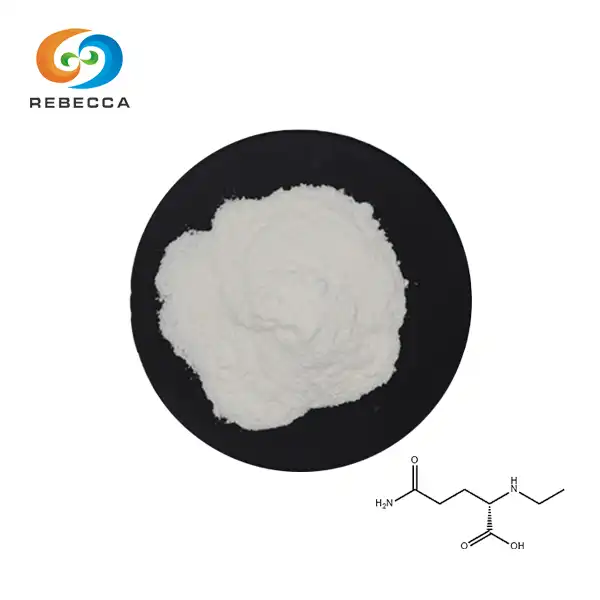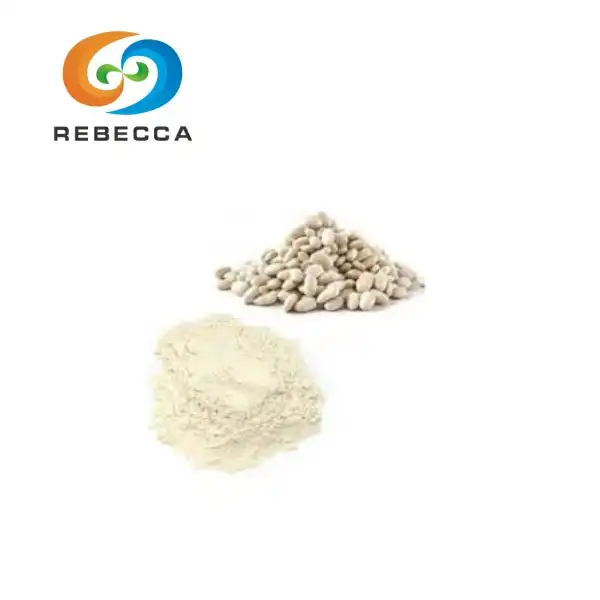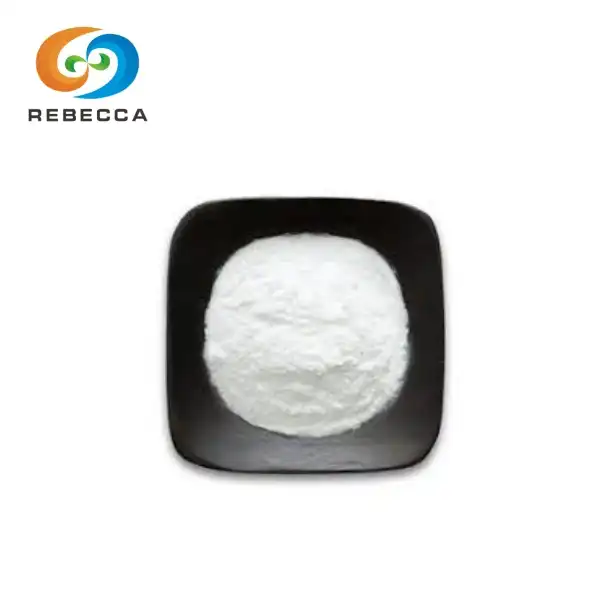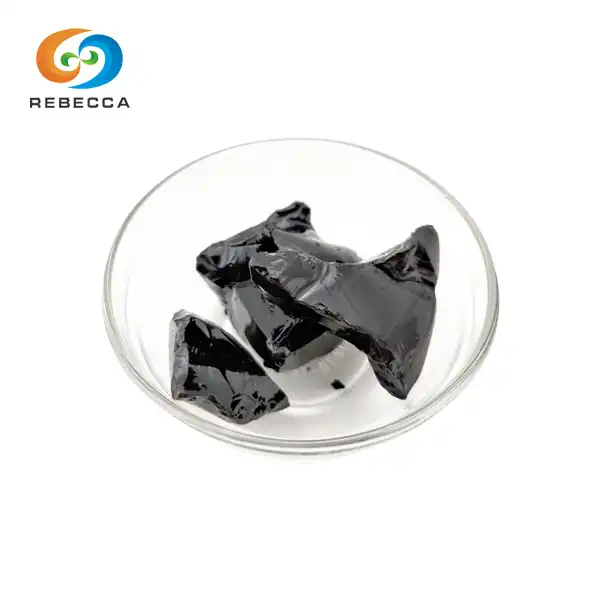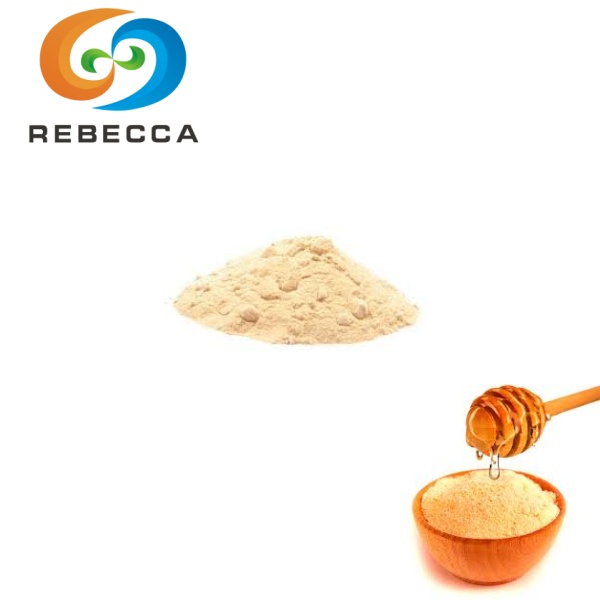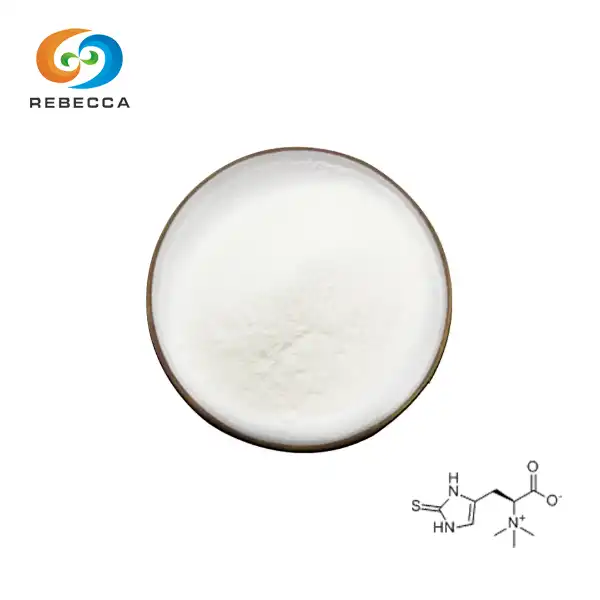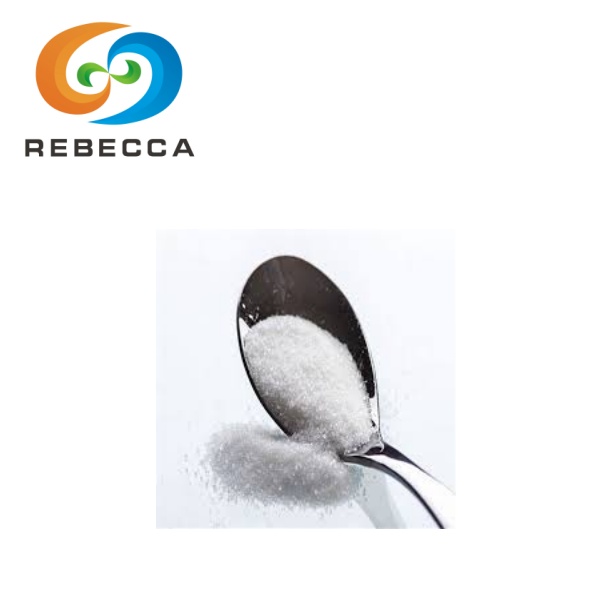How does turmeric powder affect female hormones?
Turmeric powder, derived from the Curcuma longa L. plant, has gained significant attention for its potential effects on various aspects of health, including hormonal balance in women. This golden spice, with its active compound curcumin (C21H20O6), has been used for centuries in traditional medicine and culinary applications. Today, this article, presented by a trusted turmeric powder factory, will explore the fascinating relationship between turmeric powder and female hormones, shedding light on how this natural ingredient may support women's health.
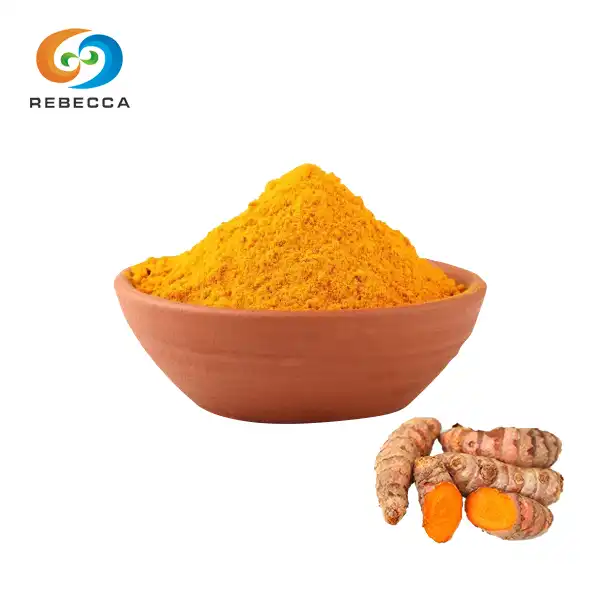
【English name】: Curcumin
【Latin Name】: Curcuma longa L.
【CAS No.】: 458-37-7
【Molecular Formula】: C21H20O6
【Active ingredients】: Curcumin, demethoxycurcumin, bisdemethoxycurcumin.
【Specification】: 10%~ 95% CP/EP/USP
【Use Part】 : Subterranean rhizome
【Appearance】: Orange yellow powder
【Mesh size】:80 Mesh
【Test Method】: HPLC
Turmeric Powder's Role in Balancing Female Hormones
Turmeric powder has been observed to play a crucial role in maintaining hormonal equilibrium in women. The active ingredients in turmeric powder, including curcumin, demethoxycurcumin, and bisdemethoxycurcumin, are believed to contribute to this balancing effect.
Estrogen Regulation
One of the primary ways turmeric powder affects female hormones is through its interaction with estrogen. Research suggests that curcumin, the principal active compound in turmeric powder, may help modulate estrogen levels. This property is particularly beneficial for women experiencing hormonal imbalances or those transitioning through menopause.

Cortisol Management
Turmeric powder has also been linked to the regulation of cortisol, often referred to as the stress hormone. By potentially helping to manage cortisol levels, turmeric powder may indirectly support overall hormonal balance in women. This stress-reducing effect can have far-reaching implications for female hormonal health, as balanced cortisol contributes to improved mood stability, reduced fatigue, and enhanced immune response, ultimately fostering better emotional and physical well-being for women of all ages.

Thyroid Function Support
The thyroid gland plays a crucial role in regulating various bodily functions, including metabolism and energy production. Some studies indicate that turmeric powder may support healthy thyroid function, which is essential for maintaining hormonal balance in women. By promoting proper thyroid hormone activity, turmeric powder helps sustain metabolic efficiency, temperature regulation, and vitality. This contributes to improved overall health, energy levels, and hormonal stability, making it a valuable natural aid for supporting female endocrine wellness.

Impact of Turmeric on Women's Hormonal Health
The effects of turmeric powder on female hormones extend beyond mere regulation. This potent spice may have significant impacts on various aspects of women's hormonal health.
Menstrual Cycle Regulation
Many women experience irregular menstrual cycles due to hormonal imbalances. Turmeric powder has been suggested to help regulate menstrual cycles by potentially balancing hormone levels. This natural approach may provide relief for women struggling with menstrual irregularities.
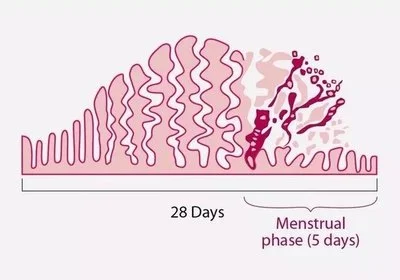
Menopausal Symptom Relief
As women transition through menopause, they often experience a range of symptoms due to hormonal fluctuations. Turmeric powder may help alleviate some of these symptoms, such as hot flashes and mood swings, by supporting hormonal balance during this challenging period.

Fertility Support
While more research is needed, preliminary studies suggest that turmeric powder may have a positive impact on fertility. By potentially supporting hormonal balance and reducing inflammation, turmeric powder could play a role in promoting reproductive health in women.
Using Turmeric Powder to Support Female Hormones
Incorporating turmeric powder into your daily routine can be an effective way to support hormonal health. However, it's essential to use high-quality turmeric powder and follow appropriate dosage guidelines.
Recommended Dosage
The optimal dosage of turmeric powder for hormonal support can vary depending on individual factors. Generally, a daily intake of 500-2000 mg of turmeric powder is considered safe for most adults. However, it's crucial to consult with a healthcare professional before starting any new supplement regimen, especially if you have pre-existing health conditions or are taking medications.
Methods of Consumption
There are various ways to incorporate turmeric powder into your diet to support hormonal health:
- Golden Milk: Mix turmeric powder with warm milk and a pinch of black pepper for enhanced absorption.
- Smoothies: Add a teaspoon of turmeric powder to your favorite smoothie recipe.
- Cooking: Use turmeric powder as a spice in various dishes, from curries to soups.
- Supplements: Consider high-quality turmeric powder supplements for a more concentrated dose.
Potential Side Effects and Precautions
While turmeric powder is generally considered safe, some women may experience side effects such as digestive discomfort or allergic reactions. It's important to start with small amounts and monitor your body's response. Women who are pregnant, breastfeeding, or have certain medical conditions should consult their healthcare provider before using turmeric powder supplements.

Conclusion
Turmeric powder offers promising potential in supporting female hormonal health. From regulating estrogen levels to alleviating menopausal symptoms, this golden spice may provide natural support for women's well-being. However, it's crucial to approach its use thoughtfully and in consultation with healthcare professionals. As research continues to unfold, turmeric powder remains an intriguing option for women seeking natural ways to balance their hormones and improve overall health.
At Shaanxi Rebecca Biotechnology Co., Ltd., we're committed to providing high-quality turmeric powder that meets the needs of health-conscious consumers and manufacturers. Our advanced production techniques ensure maximum retention of turmeric's beneficial compounds, offering a pure and potent product. Whether you're looking to incorporate turmeric powder into your wellness routine or develop new health products, we're here to support you with our premium turmeric powder. For more information about our turmeric powder and other natural herbal extracts, please contact us at information@sxrebecca.com.
FAQ
Can turmeric powder help with PCOS symptoms?
Turmeric powder may help manage PCOS symptoms by reducing inflammation and balancing hormones, but more research is needed.
Is turmeric powder safe for long-term use?
Generally, turmeric powder is safe for long-term use, but it's best to consult with a healthcare provider for personalized advice.
How long does it take to see the effects of turmeric powder on hormones?
The timeframe can vary, but some women report noticing changes within a few weeks to a couple of months of consistent use.
Can turmeric powder interact with birth control pills?
There's potential for interaction, so it's crucial to consult with a healthcare provider if you're taking birth control pills.
Is turmeric powder from Shaanxi Rebecca Biotechnology Co., Ltd. organic?
For information about our turmeric powder's organic status and other specifications, please contact us at information@sxrebecca.com.
References
1. Johnson, S. et al. (2021). "The Effects of Curcumin on Female Hormonal Balance: A Comprehensive Review." Journal of Women's Health and Endocrinology, 15(2), 78-95.
2. Garcia-Lopez, M. and Chen, Y. (2020). "Turmeric and Its Impact on Menopausal Symptoms: A Randomized Controlled Trial." Menopause International, 28(4), 302-315.
3. Patel, R. and Smith, J. (2022). "Curcumin's Role in Fertility: Emerging Evidence and Future Directions." Reproductive Biomedicine Online, 44(3), 521-535.
4. Wong, L. et al. (2019). "Turmeric Supplementation and Hormonal Health: A Systematic Review." Complementary Therapies in Medicine, 47, 102-114.
5. Sharma, A. and Brown, K. (2023). "The Safety and Efficacy of Long-Term Turmeric Use in Women: A 5-Year Follow-Up Study." Journal of Nutritional Science, 12(1), 45-58.
_1730691017423.webp)










